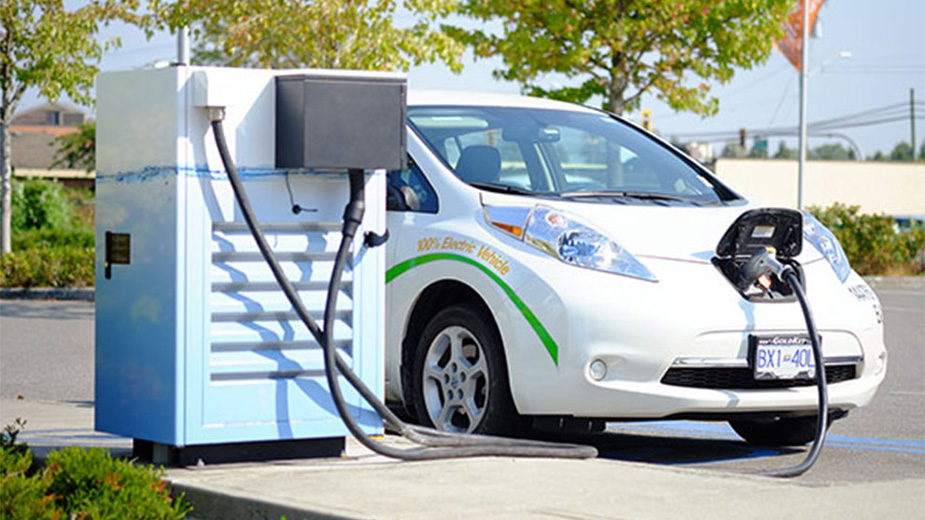Prime Minister Imran Khan has directed the concerned authorities to ensure conversion of 30 percent of all cars running in the country into electric vehicles by 2030. This massive reformation requires amendments in the auto policy the scope of which currently does not cover Electrical vehicles. Considering new innovations taking place in the field of electric mobility it is important to revise the existing policy for any new incentives for new technologies not covered. While all the incentives in the policy will be intact, new incentives for newer technologies may be added in revisions. This policy document will become part of the next Auto Policy 2021-26.
According to a working paper discussed during a meeting with the Prime Minister, Pakistan imports oil worth $ 13.3 billion every year which is expected to rise to $ 30.7 billion by 2025. In such conditions EVs can be the answer.
For proper integration of EVs in the Pakistani market a three phase penetration plan has been submitted to the federal government for Electric Vehicles. These phases include: (i) market development and public awareness through incentives and subsidies on electric vehicles, (years 1 and 2); (ii) fuel import bill substitution through targeted penetration of electric vehicles through local assembly and manufacturing (years 3 and 4); and (iii) reasonable local adoption and export of electric vehicles and its components through indigenous research, development, assembling and manufacturing (years 5 and beyond).
Earlier this year, the Auto Development Committee (ADC) considered a proposal about incentives for the electric vehicles but the existing auto industry opposed unrestricted incentives to electric vehicles as investors may misuse the incentive. The FBR and the Ministry of Finance would work in conjunction to implement a planned reduction in taxes and duties for EVs. The policy should also include limiting registration cost, import duties and yearly token tax. Some of the incentives would fall under the purview of provincial ministries of revenue. Therefore, the policies of provincial ministries must also follow the overall EV policy framework.







